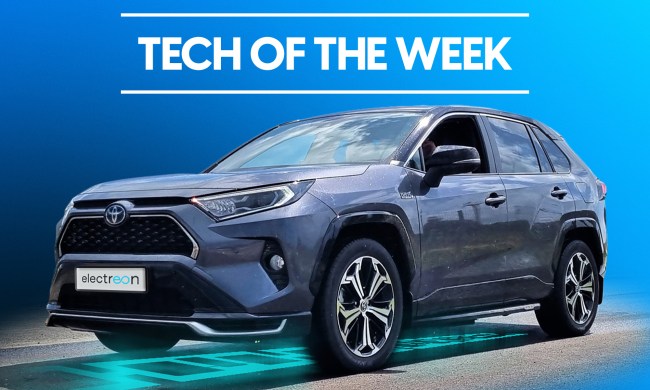
Florida governor Ron DeSantis removed many of the obstacles that previously stood in the way of companies hoping to test autonomous vehicles on the state’s roads. The Republican politician signed a law that establishes a clear legal framework for self-driving cars to operate within the state, including prototypes navigating on their own without a human operator behind the wheel.
Starting on July 1, 2019, automakers and tech companies will be allowed to test experimental autonomous cars on Florida roads without anyone behind the wheel, or inside the car. The only catch is that the prototypes will need to comply with very basic safety and insurance regulations outlined in the law.
When a human operator is behind the wheel, the autonomous prototype must be able to emit visual and audible alerts if it detects one of its core systems has failed. When a problem occurs while it’s out on its own, it needs to be able to safely bring itself to a full stop. That means slowly pulling over and activating its hazard lights, not slamming on its own brakes in the middle of a busy intersection.
Significantly, the law clearly notes the autonomous driving system is considered the car’s operator when it’s engaged, even if there are passengers riding in the cabin. This clause implies the company that built the prototype is responsible in the event of an accident, and it forces engineers to ensure the technology they develop is safe and reliable. If something goes wrong, like a repeat of the 2018 crash that killed Elaine Herzberg, “our driver wasn’t paying attention” won’t be a valid excuse.
Motorists traveling inside an autonomous vehicle are exempt from Florida’s ban on using wireless communication devices while behind the wheel of a moving car. Additionally, the law specifies that the ban on watching a television show, a movie, or any type of moving broadcast on the state’s highways doesn’t apply to passengers of autonomous cars. Go ahead, fire up Netflix.
These exemptions will help car and tech companies keep the promises they routinely make as they race to release autonomous cars to the general public. From Audi to Waymo, the players in this high-stakes game pledge drivers who consent to be passengers will have more time to work, read, or catch up on their favorite television shows during their commute. And, since a human is not legally required to monitor the road ahead, you may pass someone napping behind the wheel the next time you visit the Sunshine State.
The law makes Florida “the most autonomous vehicle-friendly state in the country,” according to DeSantis.



